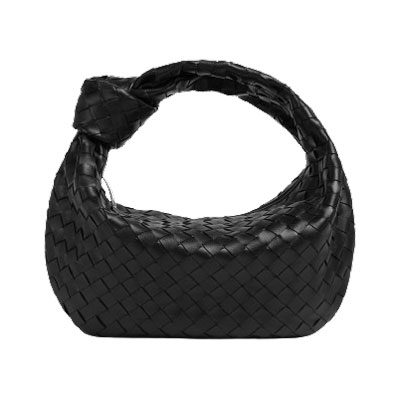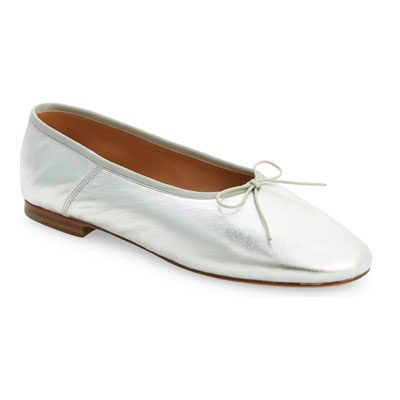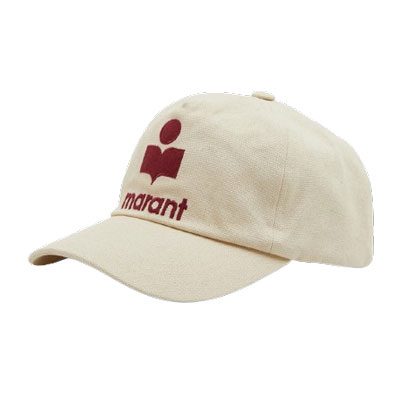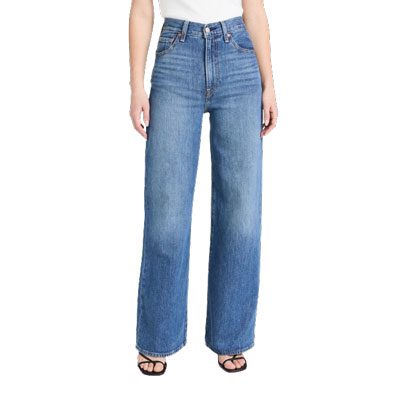Last week Burberry announced its decision to ban the use of exotic leathers.
This decision puts it on a growing list of brands that have halted the practice altogether and instead opted to take a more environmentally-sensitive approach to business.
While conservationists welcomed the news, others who either work in the exotic leather trade or who simply enjoy the option to own the materials are facing a future where there might not be much of it.
After reading a few different features around the web, I wondered where we all really draw the line when it comes to the use of exotic leathers.
The use of exotic leather will always be a hot topic amongst fashion enthusiasts, but it’s clear that the conversation isn’t strictly a black and white one.
When deciding where to stand on the exotic leather debate, we must keep in mind that there’s a spectrum of what we’re all comfortable with and what we are willing to accept. I also think there are tons of factors that purse lovers other than ourselves might take into consideration when deciding if they’re pro or anti-exotics (or animal skin in general.)
Funnily enough, I like to compare it to how not all vegetarians are vegans, and pescetarians can make an exception for fish. We still lump them all together as alternative diets, but the intent behind why someone adheres to one or the other may be for an entirely different reason than the next. Let’s think for a moment about a few common factors that may influence one’s comfortability (or lack thereof) with buying exotic leathers:
1. Conservation Efforts
Many who disagree with the use of exotic skins cite untraceable sourcing and biodiversity concerns as their reason for disapproval.
I think we can all agree that cruelty and endangerment of animals and their habitats are a total no-go; however, the argument could be made that some of our favorite fashion houses do work with leather producers whose products are traceable, ethically sourced, and come as a result of successful conservation efforts.
Louis Vuitton actually sources its crocodile skin from crocodile farms in Kenya. They were created to lessen the occurrences of man vs. croc conflict over fresh water and to help residents create a croc population that is both sustainable and more manageable. And I guess we can’t blame them for that.
2. Cultural Factors
I’ve found that cultural attitudes towards some or certain animals play a big role in whether someone is for or against exotics. Human-animal relationships are complex and often vary widely around the globe.
In some places, the utility of animals is deemed to be more important than their cuddliness or coolness. In others, the belief that humans have a divine dominion over animals makes us responsible for their well-being, and it’s our job to minimize harm to them.
In the western world, it seems we reserve most of our concerns for animals that are cute, endangered, or what we see as sentient beings that are capable of expressing feelings. Anything outside of those categories is often seen as fair game.
3. Circumstances
Circumstances are different for everyone, so sometimes exotic animal textiles simply might be the best option.
The now mostly forbidden use of fur is typically considered a good thing, but it might still be necessary for some.
I may not be too excited about Finland’s ongoing fur production, but I also can’t imagine needing to stay warm while living near the arctic circle.
4. Wastefulness
Whether or not the livestock is consumed in its entirety is also a factor for some. Using animals purely for their skin whilst disregarding the rest of it is seen as rather careless.
My personal rule is that I wouldn’t wear anything I wouldn’t also eat the meat of, but then again…I’ve got a very diverse palette.
But what about you all? Where do you draw the line on the use of exotic skins? Are you ok with some but not others? What factors led you to be either for or against their use?












